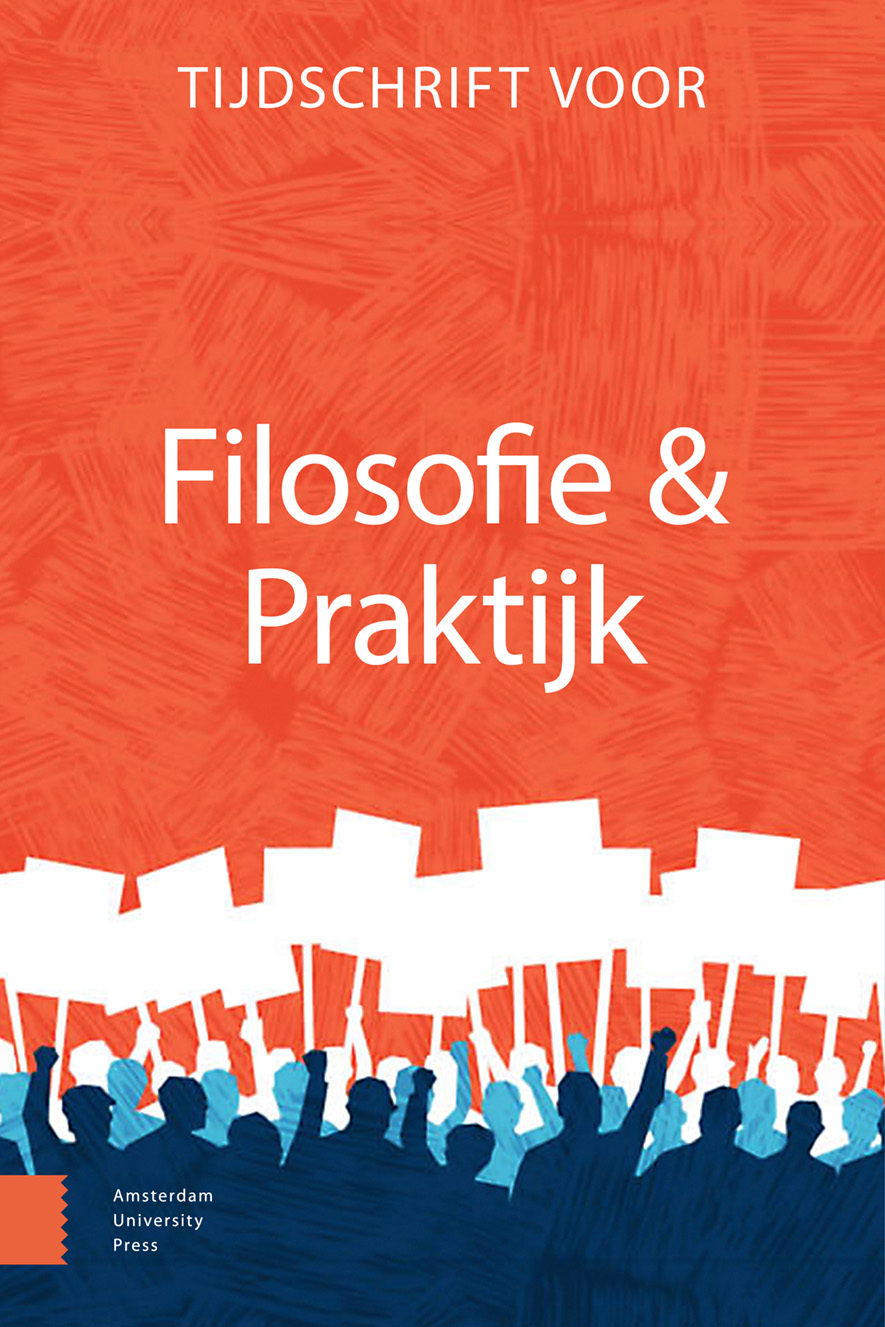-
oa Civil disobedience, the climate crisis and democracy
- Amsterdam University Press
- Source: Filosofie & Praktijk, Volume 44, Issue 3/4, Dec 2023, p. 324 - 339
-
- 01 Dec 2023
Abstract
In this article1, I argue for a more expansive approach to civil disobedience that allows for climate justice issues to be connected to the existing literature on the subject. The first argument appeals to the ideals of a deliberative conception of democracy. I argue that in many states, the deliberative process has been unduly influenced by fossil fuel interests and that civil disobedience may be a morally permissible way to restore the integrity of collective decision-making procedures. Next, I argue that the prospect of suffering irreversible harms provides citizens with the grounds to use disruptive, illegal tactics to contest the governance relationships that impose these harms. Finally, I argue that a minimal commitment to intergenerational justice offers a compelling reason for using civil disobedience in order to safeguard democratic institutions for future generations.


